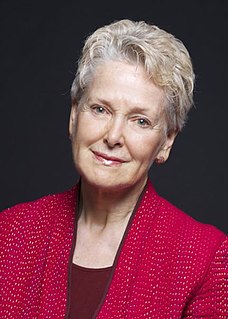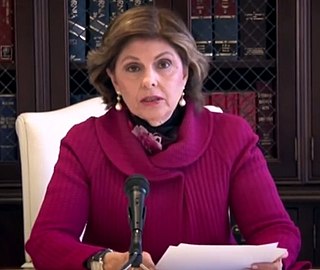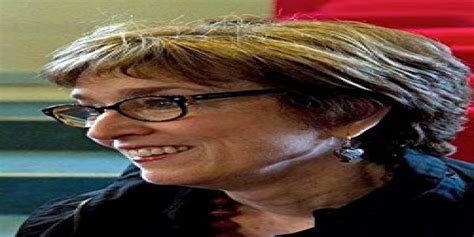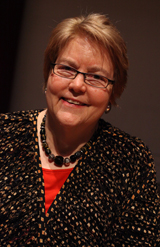A Quote by Swanee Hunt
Rwanda is an example in terms of the transformation of the rights of women. But if you talk to almost any Africanist at the State Department or the World Bank, when you say the word Africa, they think women.
Quote Topics
Related Quotes
In the early fight for women's rights, the point was not that women were morally superior or better. The conversation was about the difference between men and women - power, privilege, voting rights, etc. Unfortunately, it quickly moved to the "women are better" argument. If this were true in life or in fiction, we wouldn't have any dark or deep characters. We wouldn't have any Salomes, Carmens, Ophelias. We wouldn't have any jealousy or passion.
I care deeply about women's rights. I have been an outspoken advocate for them for many years and as secretary of state I carried that message around the world because empowering women, providing for women's rights, their full participation in society, politics, the economy is not only a matter of individuals being able to chart their own futures. It's good for democracy and it's good for peace and prosperity.
People ask me almost every day, "Why? You are successful, you have kids, you have grandchildren, so why?" Feminist women are seen as unsatisfied. But all women in the world, if they are well aware of inequality, are unsatisfied women. They don't have the same rights as men, and there is no freedom until there is equality between men and women.
The biblical assertion that women are created in God's image and Boaz's advocacy for Ruth and Naomi necessarily mean women, then and now, have inherent God-given rights. This surely means the church should be at the forefront of advocating for women's rights - not merely political and legal rights, but as in the case of Boaz moving beyond the letter of the law to exceed how any culture regards women.
I am against revolution and am proud of it. Democracy cannot be created through revolutions. The most important dichotomy that I make for a society is between those who support democracy and human rights, and those who oppose it. In a totalitarian state, the state views any act of an individual to be political in nature. For example, the clothing that a person wears in a modern state is a private affair whereas in the Islamic Republic all women are forced to wear the hijab (Islamic attire). When women push their headscarf back an inch or two, this is interpreted to be a political act.
We have to start looking at the world through women's eyes' how are human rights, peace and development defined from the perspective of the lives of women? It's also important to look at the world from the perspective of the lives of diverse women, because there is not single women's view, any more than there is a single men's view.



































